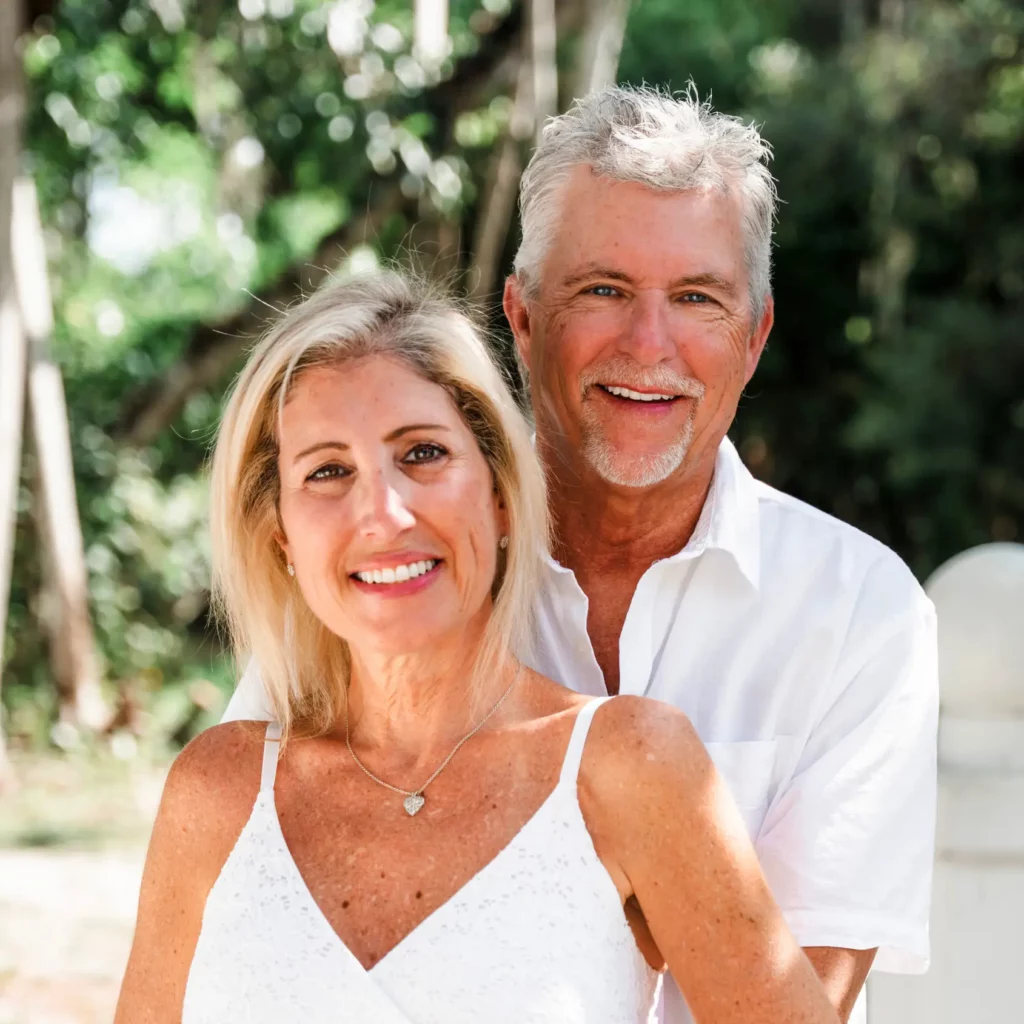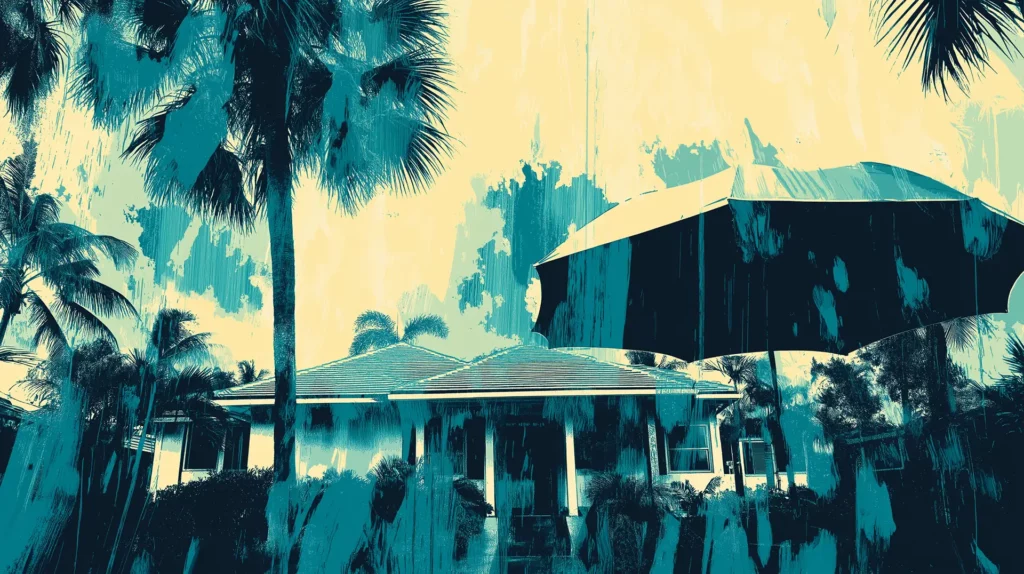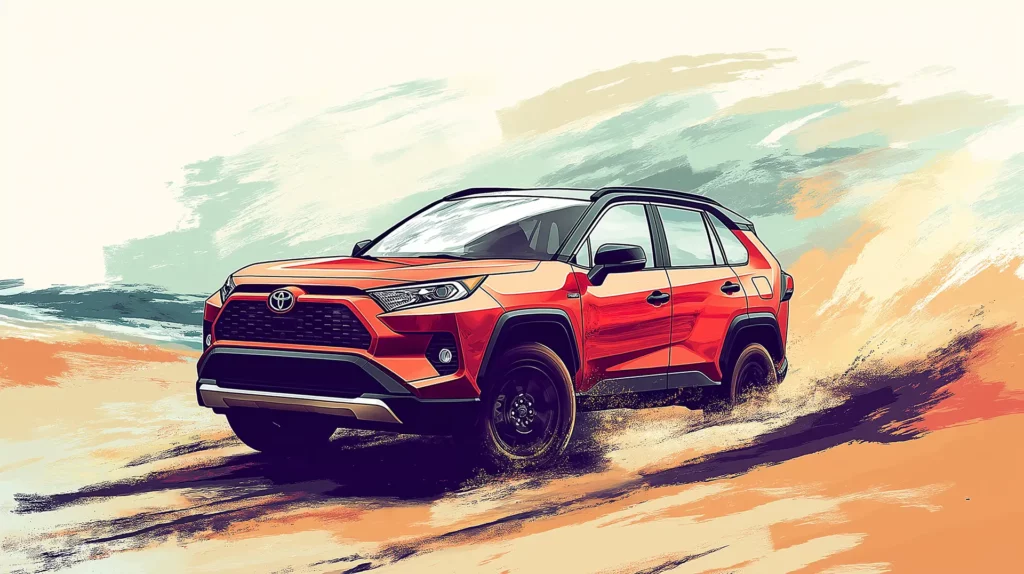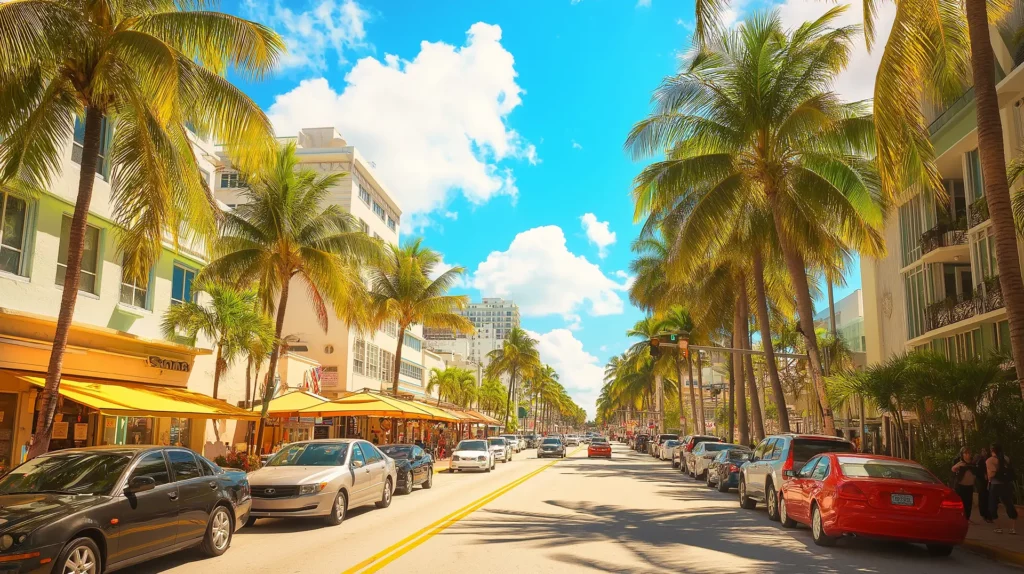If you drive in Florida, you need to know the state’s insurance rules. Florida’s Minimum Insurance is more than just numbers—it’s essential for staying legal and protected on the road. For Fort Myers drivers, this knowledge is especially important. From hurricanes to traffic, local risks make understanding your coverage crucial. Let’s break it all down, so you’re ready for anything!
Understanding Florida’s Minimum Insurance Requirements
Why Insurance is Required in Florida
Florida law requires all drivers to have insurance. This isn’t just a suggestion; it’s a legal obligation. The reason is simple—to protect everyone on the road.
Florida operates under a no-fault insurance system. What does this mean? It means your insurance will cover your injuries and lost wages after an accident, no matter who caused it. This system helps cut down on lawsuits and speeds up claims. Florida Insurance Minimums, like Personal Injury Protection (PIP), are designed to meet these no-fault requirements.
Here’s a key fact to know: Florida is one of only 12 states that use a no-fault system. But it comes with limits. With PIP insurance, you’re only covered up to $10,000 for medical expenses and lost wages. If your expenses exceed that amount, you could still face out-of-pocket costs.
Having insurance also protects others. Without it, accidents could turn into long, expensive legal battles. Florida Insurance Minimums ensure that drivers have at least some level of protection.
Who is Required to Have Insurance in Florida?
If you’re a Florida resident with a registered vehicle, you must have insurance. It doesn’t matter if you rarely drive or only use your car on weekends. The moment your vehicle is registered, insurance is mandatory.
Seasonal residents are also subject to these requirements. If you spend more than 90 days in Florida—these don’t even have to be consecutive days—you’ll need to meet Florida’s Minimum Insurance.
Here’s a breakdown of who needs insurance in Florida:
- Vehicle Owners: If your car is registered in Florida, you need insurance.
- Leasing a Vehicle? You’re responsible for insurance, even if the vehicle isn’t technically “yours.”
- Seasonal Residents: Anyone staying in Florida for more than 90 days a year, even temporarily, must comply.
If you’re caught without insurance, penalties can be severe. Your license could be suspended, and you may face steep fines to reinstate it.
Understanding these requirements is the first step toward staying legal and prepared on Florida’s roads.
Florida’s Minimum Insurance Coverage
Personal Injury Protection (PIP)
PIP is a critical part of Florida Insurance Minimums. It’s required for every driver in the state. PIP covers up to $10,000 in medical expenses and lost wages if you’re injured in a car accident. What’s unique about Florida’s PIP insurance is that it doesn’t matter who caused the accident—your policy pays for your injuries.
Here’s what PIP typically covers:
- Medical Costs: Doctor visits, hospital stays, and even rehab therapy.
- Lost Wages: If you’re unable to work due to injuries, your PIP can help.
- Death Benefits: Provides financial support to your family if an accident leads to fatal injuries.
Keep in mind, $10,000 might not stretch far in serious cases. Many drivers opt for additional coverage to avoid paying out-of-pocket when costs exceed that limit.
Property Damage Liability (PDL)
PDL is another key component of Florida Insurance Minimums. This coverage focuses on damage you cause to someone else’s property in an accident. Like PIP, the minimum required coverage is $10,000.
Here’s what PDL insurance can cover:
- Vehicle Repairs: If you damage someone’s car, PDL will cover the costs up to your policy limit.
- Other Property Damage: This includes damage to things like fences, mailboxes, or homes in the event of an accident.
PDL doesn’t cover damage to your own vehicle or property. For that, you’d need collision or comprehensive coverage, which we’ll discuss later.
Do You Need Bodily Injury Liability (BIL) Coverage?
Here’s where things get a little tricky. Unlike many states, Florida doesn’t require Bodily Injury Liability (BIL) coverage as part of its minimum insurance requirements. However, it’s still a smart choice to include in your policy.
BIL protects you if you cause an accident that injures someone else. Without it, you could be held financially responsible for:
- Medical Bills for the Injured Party: These can skyrocket, especially after severe accidents.
- Legal Costs: If the injured person decides to sue you, BIL can cover legal defense fees.
While BIL isn’t required, it offers peace of mind. Imagine causing an accident and being faced with thousands—or even millions—of dollars in medical bills and legal expenses. Many Florida drivers choose BIL coverage, even though it’s technically optional.
Understanding these core coverage types makes it easier to meet Florida Insurance Minimums and stay protected on the road.
Additional Insurance Considerations in Florida
Uninsured/Underinsured Motorist Coverage
Not everyone on Florida’s roads follows the rules. Around 20% of Florida drivers are uninsured, according to the Insurance Information Institute. That’s why uninsured/underinsured motorist (UM/UIM) coverage can be a lifesaver. It protects you if you’re in an accident caused by someone with little or no insurance.
Here’s how UM/UIM coverage works:
- Medical Expenses: Covers your medical bills if the at-fault driver doesn’t have enough insurance.
- Lost Wages: Helps you recover your income if you can’t work due to injuries.
- Pain and Suffering: Can offer compensation for emotional distress or long-term injuries.
UM/UIM isn’t part of Florida Insurance Minimums, but it’s a wise addition. Without it, you might be left paying for someone else’s mistake.
Comprehensive and Collision Coverage
Florida’s weather can take a toll on your car. From hurricanes to sudden floods, you never know what’s coming. Comprehensive coverage helps handle non-collision damages, like hurricane-related flooding or theft. Meanwhile, collision coverage steps in for damages from driving incidents, even if you’re at fault.
Here’s what these options include:
- Comprehensive Coverage:
- Storm damage (hurricanes, flooding, etc.)
- Vandalism or theft
- Damage from hitting animals
- Collision Coverage:
- Repairs after an accident with another vehicle
- Collision with stationary objects, like poles or walls
Neither coverage type is part of Florida Insurance Minimums, but they can save you a lot of money in the long run. If you’re financing or leasing a car, your lender may even require it.
Gap Insurance for New Car Owners
Bought a shiny new car? It’s a great feeling—until you realize its value drops as soon as you leave the lot. This is where gap insurance comes in. It covers the difference between your car’s actual market value and what you still owe on your loan.
Why this matters in Florida:
- Fort Myers and other areas are prone to flooding and hurricane damage, making total loss scenarios more likely.
- Without gap insurance, you could end up paying thousands for a car you can no longer use.
While gap insurance isn’t required under Florida Insurance Minimums, new car owners should seriously consider it. It offers extra protection, especially in a place like Florida, where risks like natural disasters are high.
Exploring these additional insurance options can help you go beyond Florida Insurance Minimums to safeguard yourself against unexpected challenges.
Penalties for Non-Compliance with Minimums
Consequences of Driving Without Insurance
Driving without insurance in Florida isn’t just risky—it’s illegal. If you’re caught without coverage, the penalties are strict and can hit your pocket hard. Here’s what can happen if you don’t meet Florida Insurance Minimums:
- License Suspension: Your driver’s license and vehicle registration can be suspended. To reinstate them, you’ll need to show proof of insurance and pay a reinstatement fee ranging from $150 to $500.
- Additional Fees: These can add up fast. Not only do you pay reinstatement fees, but insurance companies may charge more for future policies because you’re now considered a higher risk.
- Fines: Beyond the reinstatement fees, you could face fines for not complying with the law.
Florida takes its insurance requirements seriously. According to the Florida Department of Highway Safety and Motor Vehicles, over 20,000 license suspensions occur each year due to lack of insurance.
What Happens After an Accident Without Coverage?
Getting into an accident without insurance can lead to financial disaster. Here’s what you might face:
- Out-of-Pocket Medical Costs: Even minor injuries can result in large medical bills. Without Personal Injury Protection (PIP), you’re responsible for these costs yourself.
- Property Damage Payments: If you’re at fault, you’ll have to pay for repairing or replacing the other person’s car.
- Lawsuits: The injured party can sue you for damages, including medical expenses, lost wages, and pain and suffering.
- Wage Garnishment: If you can’t pay for the damages, a court may order your wages to be garnished until the debt is settled.
It’s not just about money, either. A crash without coverage can leave you stressed and dealing with time-consuming legal issues.
Meeting Florida Insurance Minimums helps avoid these penalties and gives you peace of mind. It’s far better to pay a monthly insurance premium than face license suspension, fines, and financial ruin after an accident.
Tips for Choosing the Right Insurance in Fort Myers
Understanding Your Budget and Needs
Choosing the right policy starts with understanding what you can afford and what coverage fits you best. Florida Insurance Minimums are your baseline, but they may not fully protect you in every situation. Start by asking yourself these questions:
- How much can you comfortably spend on monthly premiums?
- Do you frequently drive, or is your car mainly for occasional use?
- How valuable is your car? A new luxury car likely needs more coverage than an older used vehicle.
Balancing cost and coverage is key. Cheap options may save you now but could leave you vulnerable when you file a claim.
Local Risks to Consider
Fort Myers brings its own unique challenges when it comes to driving. Florida is no stranger to extreme weather events like hurricanes and flooding. For example, the National Weather Service notes that Florida sees an average of 14 named storms each year.
Here are local risks to think about when choosing coverage:
- Flooding: Comprehensive insurance can protect against water damage to your car.
- Hurricanes: Storm-related damage is common in Fort Myers. Safeguard your vehicle with full coverage policies.
- Traffic Risks: Fort Myers experiences moderate congestion, especially during tourist season. More driving increases the likelihood of accidents.
Tailoring your policy to protect against these risks will give you more financial security.
Shopping Around for Local Providers
Not all insurance policies are created equal, and prices can vary widely. Take time to shop around and compare options. Look for providers who understand the specific needs of Fort Myers drivers.
Tips for finding the best deal:
- Compare Policies Online: Use comparison tools to check premiums and coverage side by side.
- Ask About Discounts: Many insurers offer discounts for safe driving, multiple policies, or vehicles with safety features.
- Bundle Policies: If you need home or renters insurance, bundling with auto insurance could save you money.
By comparing rates, you can find the best balance between coverage and cost.
Working with Local Insurance Agents
Local knowledge matters when it comes to insurance. Fort Myers agents understand the specific risks of living and driving in Southwest Florida. A good agent can guide you toward coverage that meets both your needs and Florida Insurance Minimums.
Why work with a local agent?
- Personalized Advice: Unlike online-only providers, local agents can help adjust policies to suit your lifestyle.
- Quick Support: If you need help after a claim or storm, having someone close by can be a huge advantage.
- Long-Term Relationships: Building trust with an agent means they’ll have your back when things get tough.
Choosing insurance isn’t just about meeting Florida Insurance Minimums—it’s about finding the right fit for your life in Fort Myers. By considering your budget, local risks, and working with experts, you can drive with confidence.
Understanding Florida Insurance Minimums is essential for staying protected and legal on the road. We explained why insurance is required, detailed the minimum coverage types like PIP and PDL, and discussed additional options like UM coverage, comprehensive insurance, and gap insurance. We also covered the consequences of driving without proper coverage and offered practical advice to help you choose the right policy in Fort Myers.
Don’t leave your protection to chance. Contact us today for expert advice or a personalized insurance quote.
